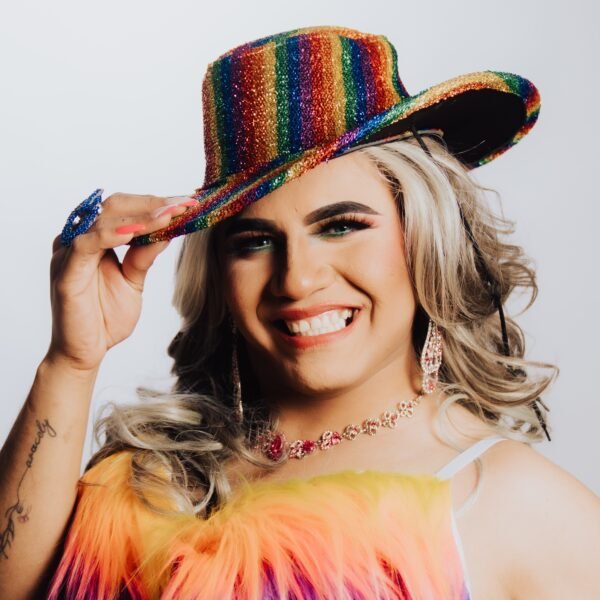Census Bureau Trials Gender Identity and Sexuality Survey Questions

Claire Seong (she/it) is an intern at Out Front Magazine.…
The United States Census Bureau has drafted a selection of new questions about gender identity and sexual orientation. If they pass testing, they will be be the first of their kind to be added to the American Community Survey. However, people have raised some concerns about the inclusiveness of these questions.
An Associated Press review of 91 public comments regarding the new survey questions found that most were supportive of the new changes. Demographic research on LGBTQ+ individuals in the U.S. is limited, to say the least. In a time when both anti and pro-queer legislation runs rampant across the nation, this is worrying; as Gary Gates, a retired demographer who previously studied LGBTQ+ populations, said, “The currently too-limited data resources stand in stark contrast to the numerous policy debates and legislative efforts focused on these populations.” The Human Rights Commission estimates that upwards of 20 million adults (5% of the total population) in the U.S. identify as a member of the LGBTQ+ community. However, the American Community Survey currently only records same-sex couples who live together (only about one-sixth of the LGBTQ+ population in the U.S.), entirely ignoring queer people who live alone, as well as all transgender individuals.
But while most agree that more inclusive questions are in order, some have concerns about the Census Bureau’s proposed changes. For instance, in a question about gender identity, “transgender” is set as a separate category from male, female, and nonbinary, seemingly ostracizing trans men and women. Other worried commenters noted the lack of categories for intersex individuals, despite them taking up roughly 1.7% of the world’s population (as many as red-hair people). In addition, people who answer the American Community Survey typically fill in answers for the rest of their household as a proxy, raising questions regarding parents who are unaware that their children are queer.
Several conservative lawmakers have also expressed dissatisfaction with the updated survey plans. However, they claim that these new questions would “politicize” the survey. The Rutherford Institute, a conservative civil liberties group, says that they would make people “incredibly uncomfortable (with) providing such detailed private information.”
Sometime this year, the Census Bureau will send the proposed questions to 480,000 households, intended for people ages 15 and older. Respondents can answer the questions online, by mail, over the phone, or through in-person interviews.
What's Your Reaction?
Claire Seong (she/it) is an intern at Out Front Magazine. In its spare time, she loves writing poetry, playing with her cat, and playing video games (very badly).










